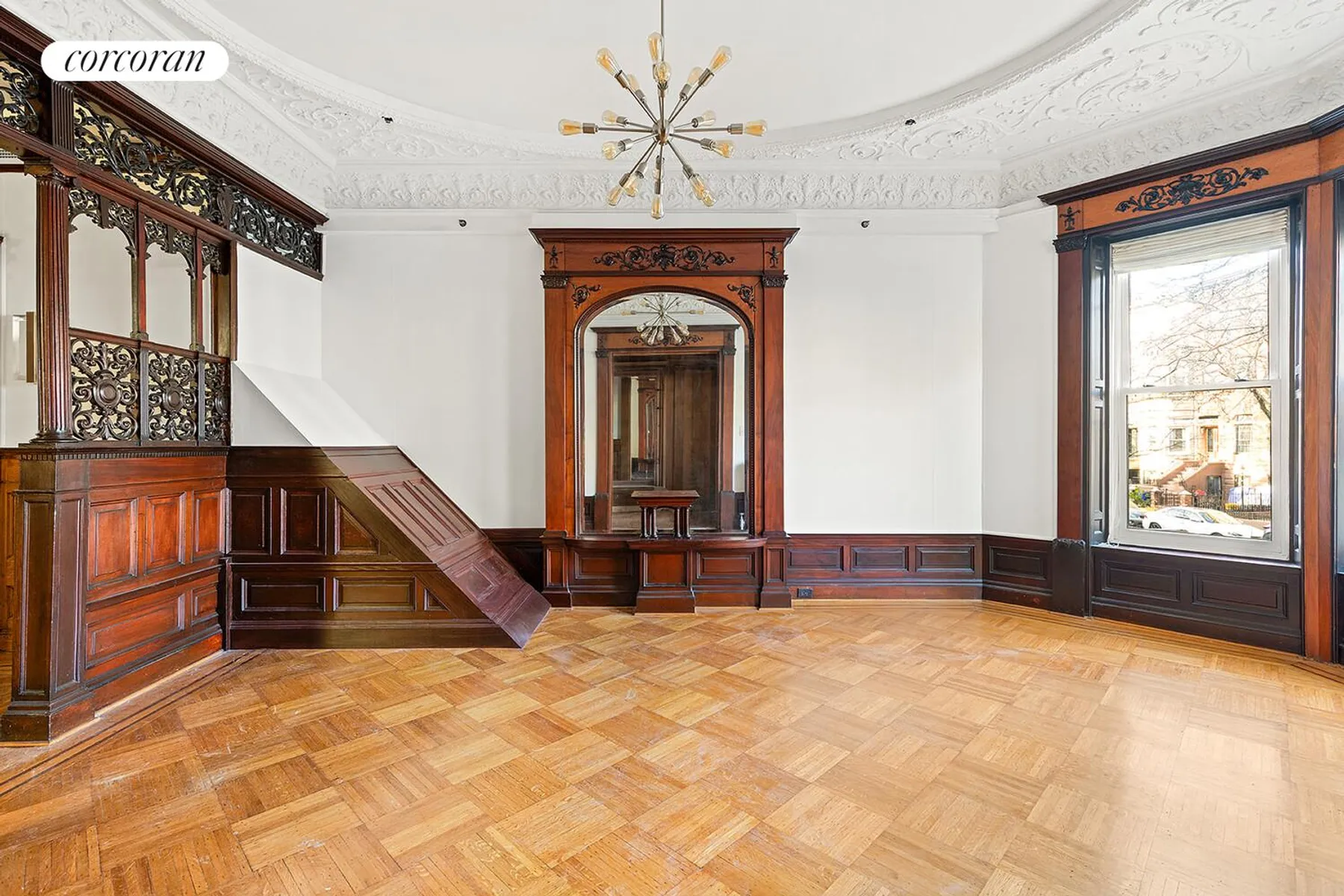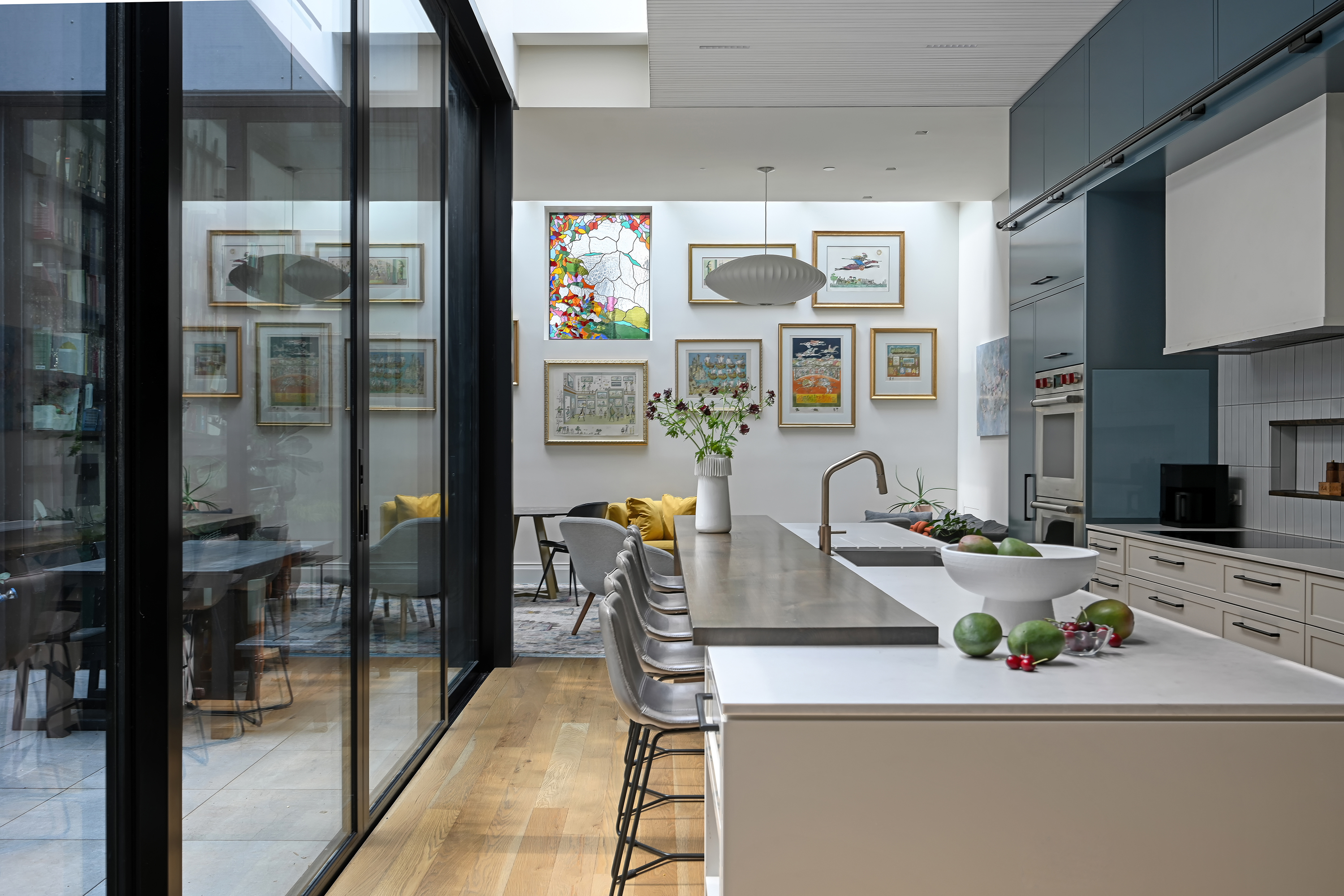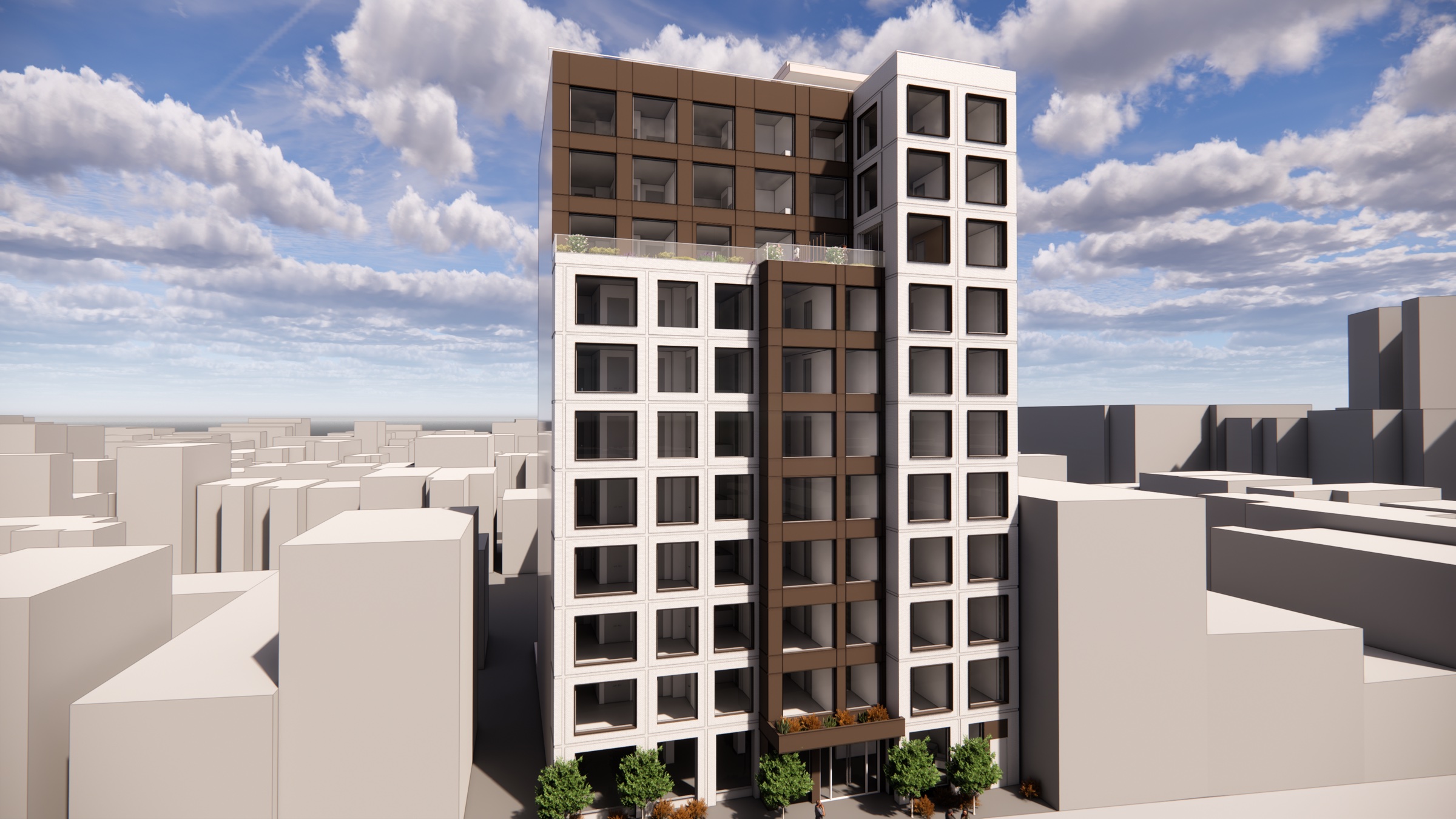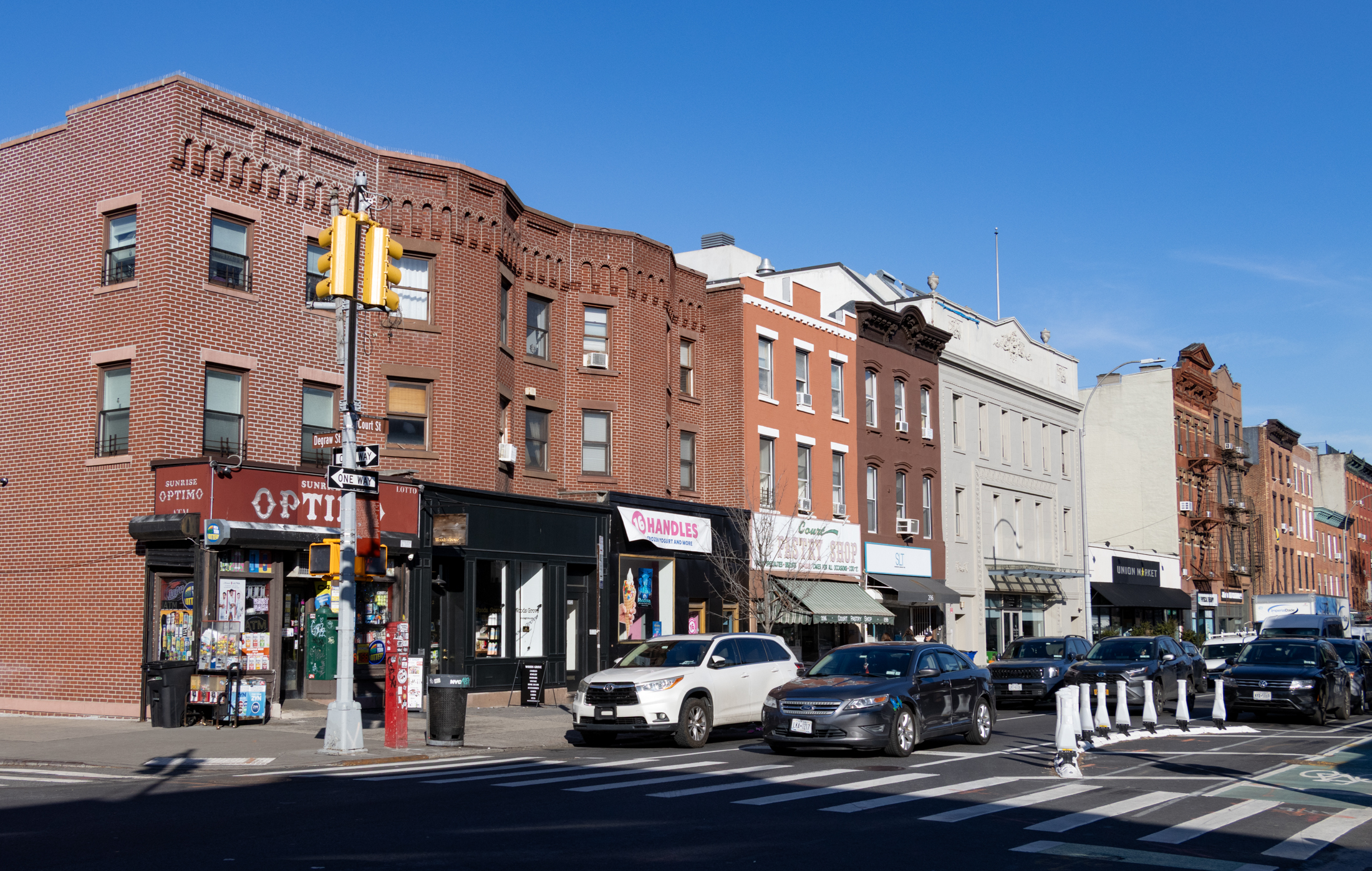Bursting the Bubble Bubble
Smart Money columnist Ray Hennessey thinks all the chatter about the real estate bubble bursting is way overdone. Sure, prices are lower and rates are higher, but there are still buyers and, unless you bought too much house with an unwise mortgage instrument, the world isn’t ending: What may be different now than, say, even…

 Smart Money columnist Ray Hennessey thinks all the chatter about the real estate bubble bursting is way overdone. Sure, prices are lower and rates are higher, but there are still buyers and, unless you bought too much house with an unwise mortgage instrument, the world isn’t ending:
Smart Money columnist Ray Hennessey thinks all the chatter about the real estate bubble bursting is way overdone. Sure, prices are lower and rates are higher, but there are still buyers and, unless you bought too much house with an unwise mortgage instrument, the world isn’t ending:
What may be different now than, say, even a year ago is that these folks are more price-sensitive. They have choices, and less competition, so they’re in a position to negotiate. As a seller, I had to respond by listing my place at a realistic price, even, in some cases, undercutting the price tags of comparable homes in my area. Shudder the thought…Reasonable rates, a healthy inventory, realistic prices. Ayn Rand would be proud.
Of course, Hennessey admits, as someone who has a lot to lose if this is a bubble, he’s not exactly unbiased.
Bursting the Bubble Bubble [Smart Money]





NEW YORK, Oct. 18, 2006
By TIM PARADIS AP Business Writer
(AP)
The Dow Jones industrial average briefly swept past 12,000 for the first time Wednesday, extending its march into record territory as investors grow increasingly optimistic about corporate earnings and the economy. The blue chip average rose to a new closing high, but fell just short of the 12,000 mark.
But 6:28, we are NOT in a Stock Market crash right now!!
The Dow is at an all-time high.
NONE of this is comparable to 1987 whatsoever. What are you smoking?
Anon at 12:25 — you state that you bought in 1989 and saw 3x increase over 10 years. But YOU bought after the crash. Someone who bought at peak would have had to wait that same amount of time to see their investment regain its value.
From:
http://money.cnn.com/2002/12/02/pf/yourhome/q_housingbusts/
“Take the stock market crash of 1987, which hit New York City’s financial industry hard. Prices peaked at $183,000 in 1988, and anyone who bought then had to wait until after 1997 to get to even money.”
Anon 10:22AM
Your statement about housing not going up between 1989 to 1999 could not be more wrong. Where did you get your info? From an economic textbook?
I bought a house in 1989 in Brooklyn and the value in 1999 was 3x my purchase price. I’m sure the readers here have similiar data.
There is no period in our history (except for the great depression) where prices have gone down or even remained constant for an extended period of time!
What I’m saying is that if you look historically at housing booms and busts we’re entering a cycle similar to the last one where someone who bought a house in 1989 didn’t gain a single dime in appreciating for the next ten years in this city.
Renting is the smart financial move when most people are paying 50% more per month to own a house than to rent it.
If you don’t plan on moving out of your house in the next decade and you can afford the nut then by all means you should buy. But I don’t want to be paying taxes for a federal bailout of the idiots who got in over their heads with dumb mortages and unrealistic expectations.
So you’re saying 6:42, if buying a home IS your major financial investment, it’s better to pay rent? And at a minimum of $30K a year for a family-size apartment? What’s the logic in that? That means your major investment becomes your rent. And then you say the real estate market will be flat for ten years? NOBODY has been saying that. What are your sources of information for all this? For real, please name them.
Others have said it, we’ll say it again, a home is a home, buy what works for your budget and what appeals to you and don’t worry about the rest. All this other speculative stuff only affects flippers, really. Since NYC is the only place my husband can make income in the field he works in, which is the case with many many people in NYC, we’re here to stay, and so we’re home buyers. We had the balls to buy now and not sit around wringing our hands paying rent indecisively, and we have no regrets about it.
I think the important thing to remember is that while all real estate is local, prices have been wildly out of wack with fundamentals in many places across the country. For several years now. Manhattan and Brooklyn are not unique when you look at the increase in prices versus the increase in wages.
Like in most bubbly areas the prices in this city will at best be flat for the next ten years. Once you account for inflation that’s a big loss on investment. Then again, as long as you’re not buying a home as your major financial investment you’re probably going to be A-OK.
The market is soft and getting softer. My brother is trying to sell his 1400 sq loft in prime Tribeca. On the market three weeks — absolutely no interest.
Every other post someone proclaims that this or that sort of property is going to retain its current value regardless of falling prices everywhere else because “they’re not making any more of these”. Isn’t that what people ALWAYS say about real estate? “Buy land, they’re not making any more of it.”
5:08, We’re talking about a 1910 California Craftsman with all original details near Hancock Park. If that can’t sell fast, what does that say about that market? Anyway, back to Brooklyn…